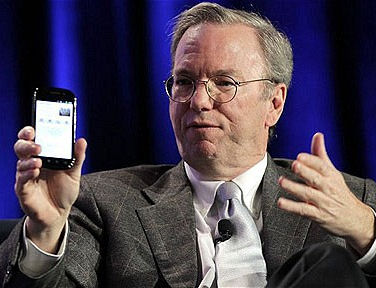A Seattle judge has ruled that Microsoft should pay Google considerably less than the search giant asked, to license standards-essential video and Wi-Fi patents used in the design of Xbox 360 entertainment system and Windows OS.
According to the decision, Microsoft will be charged approximately $1.8 million for the technology, instead of around $4 billion demanded by Google.
The patents in question actually belong to Motorola Mobility, which was acquired by Google in May 2012, along with a sizable intellectual property “war chest” estimated to be worth around £3.5 billion.
In August, a jury will determine whether the difference in price constituted a breach of contract by Motorola.
Edge of reason
The case began in 2010, long before Motorola Mobility was bought by Google. In October, the US mobile phone manufacturer sent Microsoft a letter in which it politely asked for 2.25 percent of the price of each device containing its patents.
 Microsoft refused to pay and sued, claiming that the demands did not conform to Reasonable And Non-Discriminatory (RAND) terms agreed by the industry for standards-essential patents.
Microsoft refused to pay and sued, claiming that the demands did not conform to Reasonable And Non-Discriminatory (RAND) terms agreed by the industry for standards-essential patents.
A standard-essential patent claims an invention that is required by a widespread technical standard. Since manufacturers can’t enter a market without using this technology, high royalties on standards-essential patents amount to extortion, and are illegal.
This week, Judge James Robart ruled that Microsoft was liable for around 0.55 cents in royalties for every copy of Windows it sells containing the video patents in question, which is slightly more than what Microsoft wanted to pay, but much less than $1.69 demanded by Motorola. With Wi-Fi patents, the judge suggested Microsoft should pay 3.5 cents, instead of around $6 which Motorola wanted.
The total, which should be comfortably under $2 million, is not even going to cover Motorola’s legal fees. “This decision is good for consumers because it ensures patented technology committed to standards remains affordable for everyone,” said David Howard, deputy general counsel for Microsoft, in a press release.
The landmark ruling could have an impact on how standards-essential patent rates are set in the future. It could be appealed by Motorola, which maintains its rates were reasonable and in line with the rest of the industry.
Are you a Google expert? Take our quiz!




